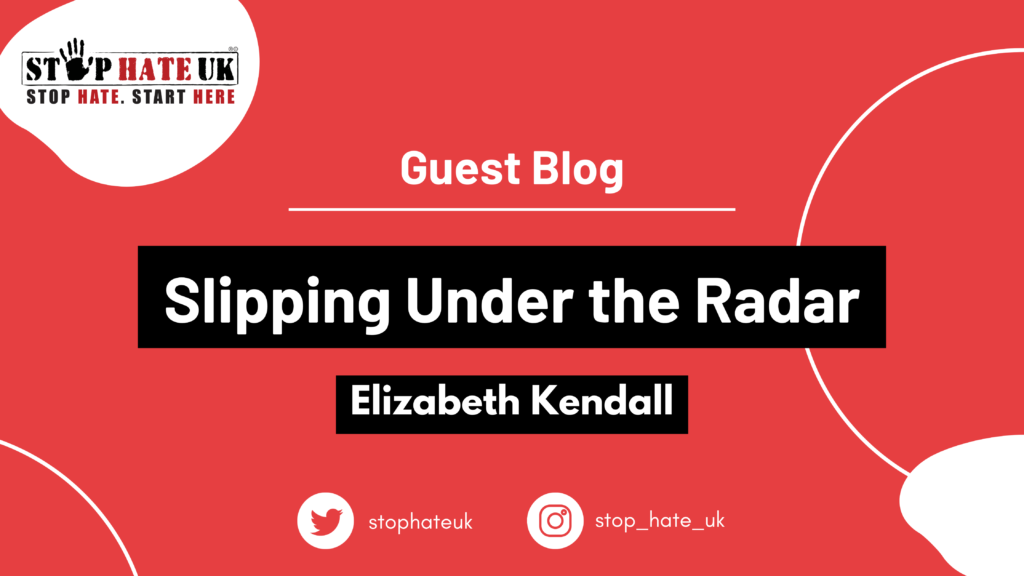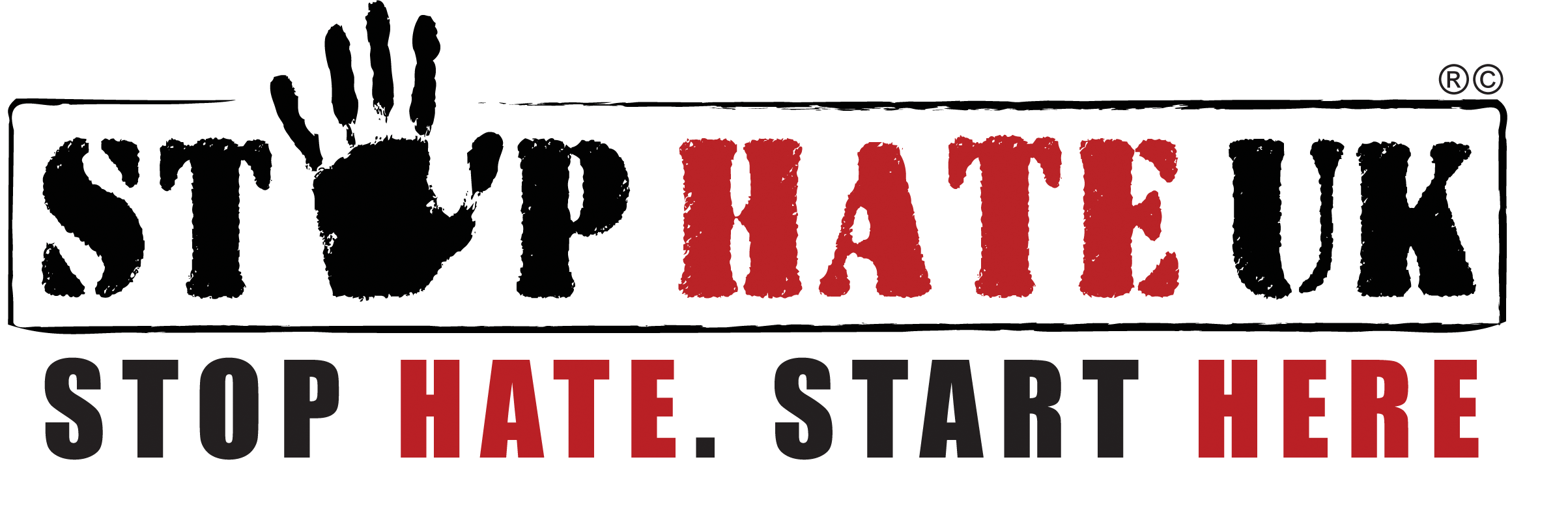
My autism went unnoticed until I was fifteen
Getting a diagnosis of autism is difficult for anyone, but when you’re a bright teenage girl who has been masking your whole life, it’s almost impossible. For many reasons, and not through the fault of anyone who “should have spotted it”, my autism slipped under the radar and went unnoticed until I was fifteen and decided to do something about it myself.
I had a friend on Twitter who was autistic and had been posting more and more things relating to autism that I found relatable to the point where I thought I should start looking into it. At a baseball game in Canada when I was on my summer holiday, I did online quiz after online quiz, all of which came up with the same result — I was autistic.
I had a lot of time to think about it and the fear grew and grew the more I did. I was terrified of telling my parents. Due to certain problems at school, I didn’t tell anyone apart from my small group of online neurodivergent friends. Until October, when I told my form tutor at school. In hindsight, thinking I could avoid telling my parents was naïve, but fear over these things tends to take hold of your logic and twist it.
My school went above and beyond, but some teachers lacked training
At school, accommodations started to be put in place. Whilst they couldn’t give me extra time in exams without a formal diagnosis, I sat near the front of the classrooms so I could understand my teachers better and PowerPoint presentations were printed out for me so I was able to concentrate without worrying about making notes. My school went above and beyond pre-diagnosis to make sure everything was as accessible as possible for me, and that helped me relax knowing at least some people were on my side.
It was arranged for an Educational Psychologist to come into school and assess me. After the observation, she wrote up a report and said that whilst she couldn’t officially diagnose anyone, she would diagnose me if she could. I was relieved that a professional agreed with me and it wasn’t all in my head but scared that it was becoming real. I’d already dealt with class teachers who either didn’t know what to do with me or patronised me, talking to me as though I was three, so I was frustrated with the world.
The diagnostic process was in motion, but then the pandemic struck
It was a couple of weeks into the Spring term when I told my mum, who cried, but she cries at everything, so it didn’t faze me. Over the few days following me telling her, she kept coming into my bedroom, having thought of another example of something happening when I was a young child that should have been flagged up but went unnoticed, like how I used to line up my coins for fun or memorised plots of books before I could read. As my parents divorced when I was nine, I felt no obligation to tell my dad and was scared he’d lash out if I did.
I think it was my mum that told him in the end. I remember it being the night of parents’ evening at school, so it must have been around March. He reacted well and I realised that there had been no reason to worry. He’s always been good at getting things done, so soon after that we started the diagnosis process. We took the report from the Educational Psychologist to the GP, who asked me when I’d noticed there was something “wrong with me”. It was then that I realised that the judgment was not limited to a few patronising teachers at school, but rather the whole world was, seemingly, against me.
The wheels on the cart to diagnosis were in motion, but then the pandemic struck, and it was like the road had just crumbled away. Exams were canceled and I had five months of solitary confinement, my life a constant monotonous drag of daily walks into town because I apparently needed the exercise and boxsets on iPlayer. I was no closer to a diagnosis and as time ticked ever forwards, it felt like I would never get one.
by Elizabeth Kendall

